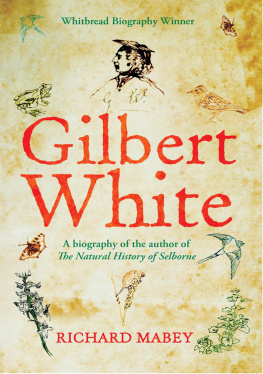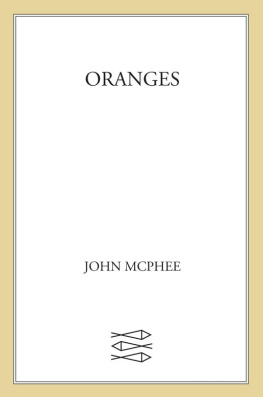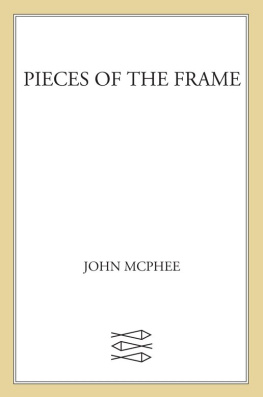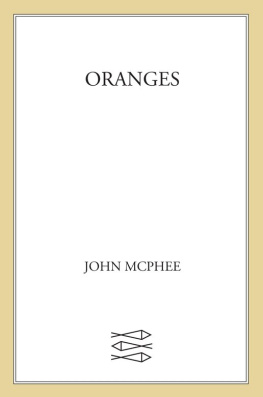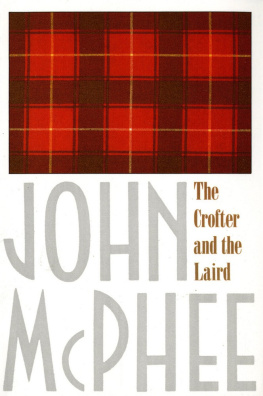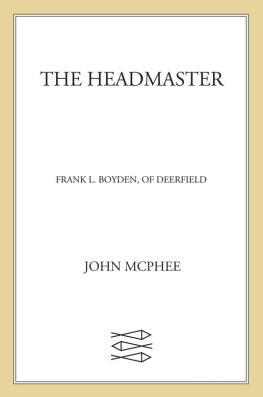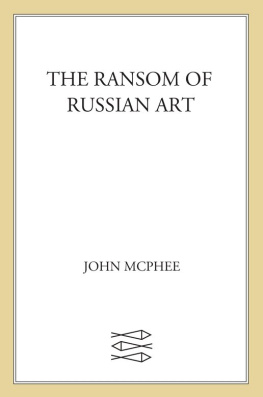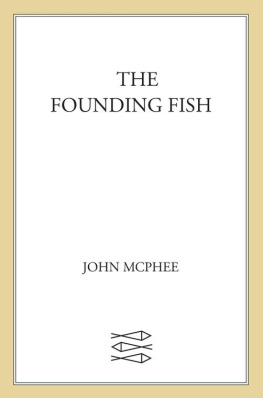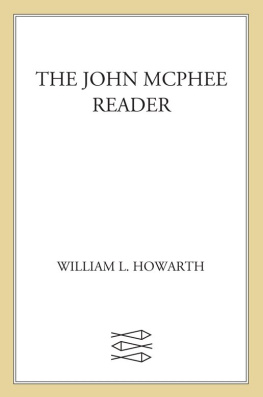DURING THE LAST YEARS OF THE WAR AND DRAB era of austerity and rationing that followed, the Ministry of Food made free orange juice available to all families with young children. I can recall its syrupy tang, touched with a kind of oaty bulk, more vividly than any other taste of my childhood. Im not sure Id encountered a real orange then, and the concentrate seemed transgressive, gaudily exotic but homely at the same time (the memory of it still conjures up the aura of British Restaurant lunches and clothing coupons). I guess oranges have remained like that for most of us in the north, fruits whose tropical colour and promiscuous juiciness dont quite fit in our environments, and always carry the idea of feasts and holidays, respites from the ordinary. At the close of the 19th century Flora Thompson, in her semi-autobiographical classic about country life, Lark Rise to Candleford, recalls the oranges on the visiting street-traders cart, with their strange foreign scent and the pith which was dried on the hob and taken to school as a kind of chewing gum. For children half a century later they were a brief bounty of sweetness at half-time on football pitches and a sumptuous, tropical pairing with chocolate on cold Christmas days. For me oranges, or rather their products, were a coming-of-age fruit too, indelibly linked with the lush, slightly posed atmosphere of first Mediterranean holidays, of bottles of Fanta on the beach and the aroma of bergamot oil then the active ingredient of Ambre Solaire sun-cream in the breeze. It seems apt that the oils tanning properties were discovered via the bronzed bodies of Italian bergamot pickers, doused continuously by the zest. Oranges have always been more playthings than food.
John McPhees study navigates by moments like these, when the ingenuity of human planters and pickers intersects with the diversity of the fruit. Oranges isnt a conventional horticultural history. It doesnt start with the ur-citrus and methodically trace its development into the hyper-cultivated products of modern commerce. Instead McPhee makes sideways forays into the story, focusing always on the human actors, the Orange Men medieval painters, pioneer breeders, and above all the men (it is a very male business) who run the plantations, laboratories, and processing factories of the Florida orange industry.
Published in 1967, this was McPhees third book, and it marks an important stage in the development of what was then a peculiarly American style of literary non-fiction. He was inspired to write it by the puzzle of why the cup of machine-expressed juice he bought on his morning commute changed colour through the year: December was cadmium, April Marigold, and June a Persian orange. He persuaded the editor of the New Yorker to commission him to find the answer and to unravel why processed orange juice had all but replaced the real fruit. The articles that followed form the backbone of the book which, except for two short chapters on the citrus familys botanical history and the orange as a cultural motif, comprises extended reportage of the dramas of producing juice on an industrial scale against the ravages of weather, insect predators and the caprices of consumer taste.
McPhees distinctive style incorporates devices from fiction. He deploys miniature plot-lines, passages of sharp dialogue, wonderfully extravagant lists. His litany of titles from the University of Florida Citrus Experiment Station library Citrus Entomolgy in the Middle East, An Observational Study of the Behavioural Characteristics of Customers While Shopping for Fresh Oranges is a cultural history of the fruit in its own right. The set-pieces are powerful passages of descriptive writing. He records national approaches to the fruit (Australian children peel them spirally half way down then eat them like ice-creams); the terrible frost that hit the Florida Groves in December 1962, and split trees, causing a sound like repeated rifle shots; the remorseless advance of mechanical picking, culminating in the Oscillating Air Blast Machine which delivers gusts that swing oranges like pendulums and tear[s] them free[it] can clear a tree in two minutes. Later, windswept, washed, and mechanically polished to bring out their shine, they are coated with an artificial wax to replace the natural one which has been scrubbed away.
Oranges is neither a personal story nor a polemic. But John McPhees forensic eye for detail does in the end generate a kind of parable, in which nature is constantly compromised by human demands, just as it was in that lurid, bitter-sweet, government juice in post-war Britain.
RICHARD MABEY 2016
IN PENNSYLVANIA STATION, NEW YORK CITY THE old Penn Station, said to have modelled on the Baths of Caracalla was a machine that split and squeezed oranges. They rolled down a chute and were pressed against a blade. Then the two halves went in separate directions to be cupped and crunched. The juice fell into a pitcher. You paid dearly for the product.
I was a young commuter, scarcely thirty, on my way to Rockefeller Center from my home in New Jersey, and I stopped at the machine almost every morning. From the late autumn and on through winter and spring I noticed gradual deepening of the colour of the expressed juice. December was pale cadmium, April marigold, and June a Persian orange. One day, I happened onto an ad in a magazine, paid for by the Florida Citrus Commission, picturing four oranges that to me looked identical but had varying names: Hamlin, Parson Brown, the Washington Navel Orange, the Late Orange of Valencia. How did they differ from one another? I didnt linger over the question. I had to get to work.
Work in those days the early nineteen-sixties was at Time magazine, where I spent half my days covering show business and the other half trying to figure out what I could possibly do that might attract the favourable attention of William Shawn, the editor of The New Yorker. I had enough rejection slips from The New Yorker to paper a larger wall but I wasnt getting the message. A promising crack in the door finally developed when I wrote a freelance profile of a Princeton University undergraduate who was exceptionally skilled in basketball. His name was Bill Bradley, and, even then, no one who knew him have any difficulty imagining that he would one day become a Rhodes Scholar (playing basketball for Oxford) and eventually a United States Senator often mentioned prominently for elevation above the Senate. But he was still a college student hounded by the press after his great successes in basketball and he needed a place in which to seclude himself so that he could complete in timely fashion his undergraduate thesis.


